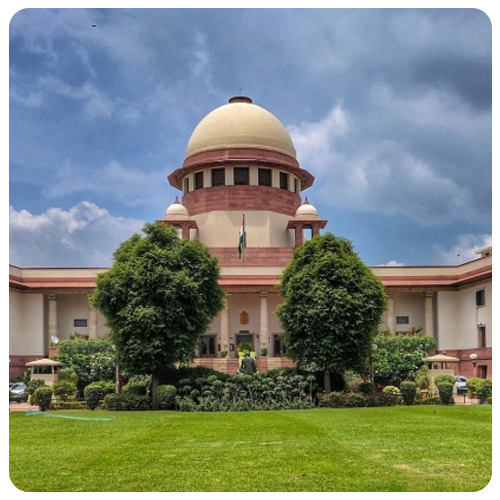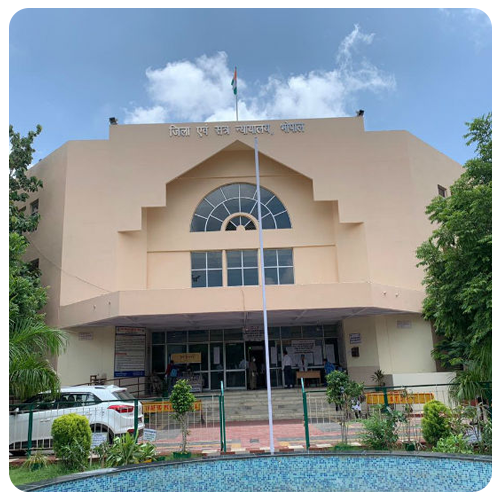Your trusted partner
In Legal Expertise
With offices in Goa, Mumbai, Delhi, and Bhopal, our expert team is committed to safeguarding your business interests with precision and care.
* Data as on December 2024




Looking for the effective law office?
About us
We Are The Leading Legal Company
- Counseling and advise to minimize the legal exposure and possible risks (“Risk Management”)
- Documentation and drafting of corporate and commercial papers & Agreements to safeguard the business interest
- Government Relations
- Litigation Support
practice areas
Our Expert Legal practice areas
Intellectual Property
Indirect / GST Laws
The Goods and Services Tax (GST) Law in India, enacted in 2017, is a comprehensive indirect tax reform aimed at unifying the country’s fragmented tax system. GST replaced multiple taxes like VAT, service tax, and excise duty with a single tax on the supply of goods and services.
Foreign Trade Laws
Cyber Laws
Banking & Financial Laws
Banking and financial laws are a set of legal regulations that govern the operations of banks, financial institutions, and the financial system at large.
Food & Beverage Laws
Drafting & Convenyancing
Employment & Labour Laws
Corporate Commercial Laws
Litigation
Mining Laws
Mining Laws in India govern the extraction and management of natural resources, ensuring the sustainable and regulated development of the mining sector.
Real Estate Laws
Animal Protection Law
The Animal Protection Law in India is primarily governed by the Prevention of Cruelty to Animals Act, 1960, which was enacted to prevent unnecessary suffering of animals and promote their well-being.
Social Justice
Social justice related legal services are crucial to ensure that marginalized and vulnerable groups have access to legal remedies and protections as envisioned under the Constitution of India. Under these services, we aim to bridge the gap between the law and the underprivileged, empowering them to assert their rights.
Environmental Laws
Environmental Law in India focuses on regulating the use of natural resources, preserving the environment, and ensuring sustainable development. The legal framework includes national and state-level statutes, regulations, and judicial decisions that aim to protect air, water, soil, and biodiversity.
Book Your consultation with the finest advocate
our team
Top Attorneys

Vishnu Langawat
B.Sc., LL.B., M.A. (International Relations)
16 years of legal practice
Testimonials
What Our Clients Say
our blog
News & stories
FAQS
Frequently Ask Question
Food and Beverage Laws in India are a set of regulations designed to ensure the safety, quality, and proper labeling of food and drinks consumed by the public. These laws are crucial for protecting consumers, maintaining food standards, and regulating the industry. Read the simplified explanation of key food and beverage laws in India


